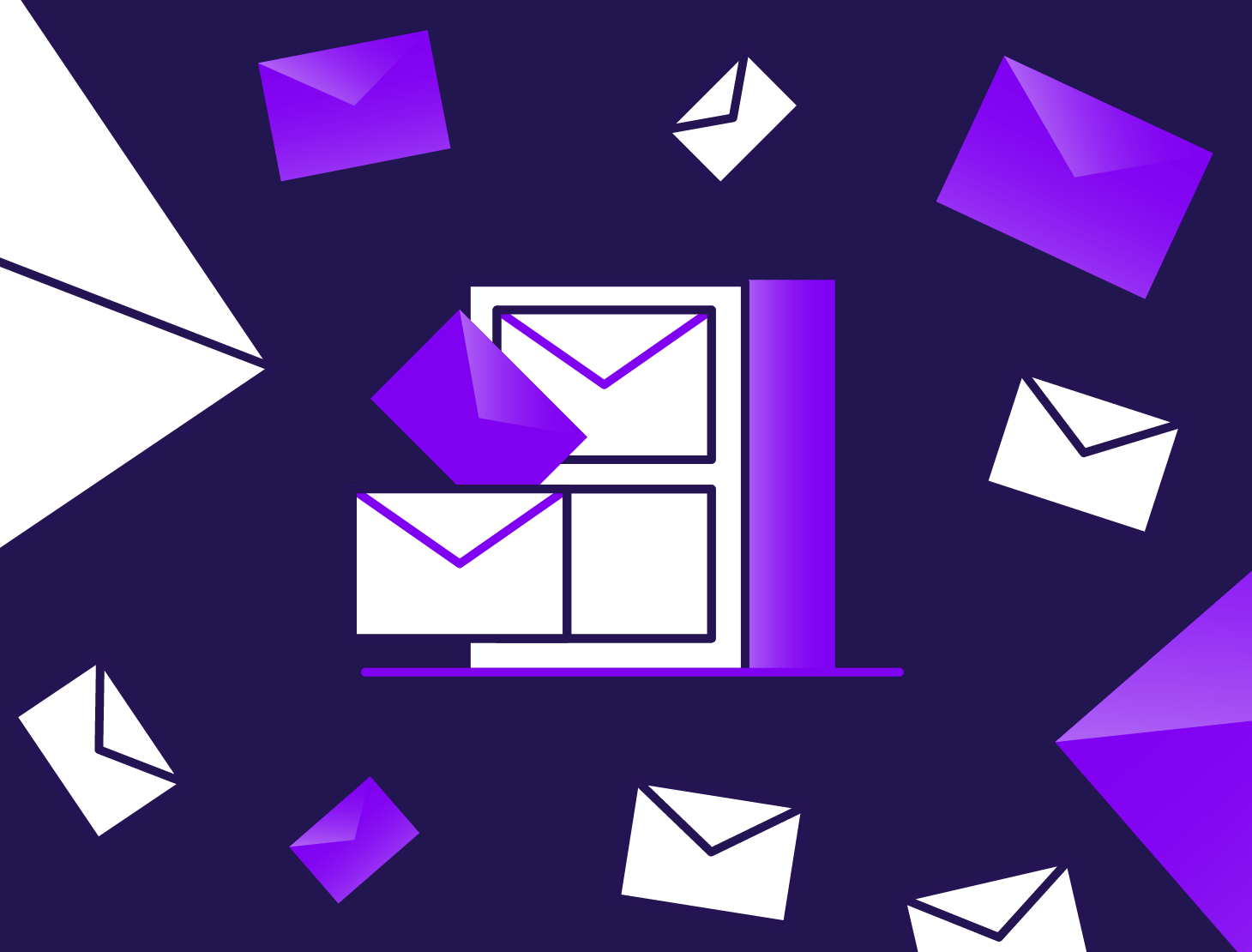Email is a fundamental form of communication for all businesses, no matter how big or small. It’s estimated that an average user exchanges 122 emails a day, with a proportion of that figure containing highly important, and perhaps sensitive data, which will be needed in future. Email archiving allows business to securely keep a legal copy of all emails exchanged, both internal and external, stored in a central archive. Email archiving offers businesses a host of benefits that will save resources, ensure compliance and make it easy to access information.
What is email archiving?
Email archiving isn’t just handy for businesses to have – many sectors in the UK must adhere to strict regulatory laws surrounding email archives. Some businesses rely on email backups alone, but this comes with considerable risk – more about that later.
Proper email archiving involves creating an exact copy of every single email sent and received from a business email address that is then stored securely on-site or in a cloud environment. An email archiving provider such as Vitanium makes it easy to archive every single email, along with all related attachments for as many years as you need. These archived emails are easy to search and retrieve data from whenever necessary. Because a copy of every email is created and stored even emails removed from a user’s mailbox will still be accessible in the archive. This ensures full accessibility to all email data when required, with complete security of that data. Don’t forget that an email archive is additional to the services an email provider offers – the introduction of email archiving doesn’t affect your existing email system, and users are unlikely to notice anything has changed.
Why Should I Archive Emails?
Email systems have many useful functions, but efficiently and effectively storing information in a legally compliant and accessible way is rarely one of them.
Proper email archiving provides a business with a multitude of benefits that encompass compliance, more effective use of resources and protecting business interests.
Protecting Business Interests
We all know how easy it is to accidentally delete an important email, but when the removal of a single email becomes the deletion of an entire mailbox, a business can really suffer, both in terms of its own data loss and in case of a GDPR investigation. Likewise, following a period of major downtime, important information held in emails is often inaccessible, causing further disruption and loss. A cloud based email archive system prevents either of these issues arising as all electronic communications are copied and stored immediately, and data can be accessed and retrieved whenever needed.
- Ensuring compliance
Compliance and GDPR should be key considerations for businesses of all sizes, and while we never want to think about the worst-case scenario, sometimes it happens. By correctly archiving emails, the data – both email and file attachments – become legal evidence providing they are tamper proof and are always available. If the regulatory body ever demands to see email-based evidence, an email archive makes the process smooth and efficient.
- Maximising business resources
Email archiving minimises the hours the IT team dedicates to dealing with user requests to restore lost and deleted emails and reduces the spend on storage requirements. Vitanium’s email archiving solutions allow users to restore their own emails, saving even more time by eliminating the need to contact IT for help. By minimising resources used combined with eliminating the financial risk of data loss, email archiving usually pays for itself very quickly!
But I backup my emails!
Is there a difference between backing up emails and archiving them?
On the surface it might seem like email archiving and email backups have the same result, but this thinking has landed many an IT manager in hot water. A proper archive, particularly one that is cloud-based does many things that an email back up simply cannot.
While an email backup can, to some extent, reduce storage requirements and assist in eDiscovery scenarios, it cannot eliminate a mailbox quota, nor can it reduce the workload of either the email servers or the IT team to restore data.
Backups are intended to protect important data for the short or medium term, while email archiving ensures that emails are preserved for the longer term. An archive is much easier to search and retrieve than a backup, whenever it is needed. With an external, independent cloud-based email archive provider such as Vitanium, you don’t need to worry about backing up your email archive too as we take care of that for you.
Backups and email archiving serve different functions and help different processes, and most businesses will require both to fully protect itself.

